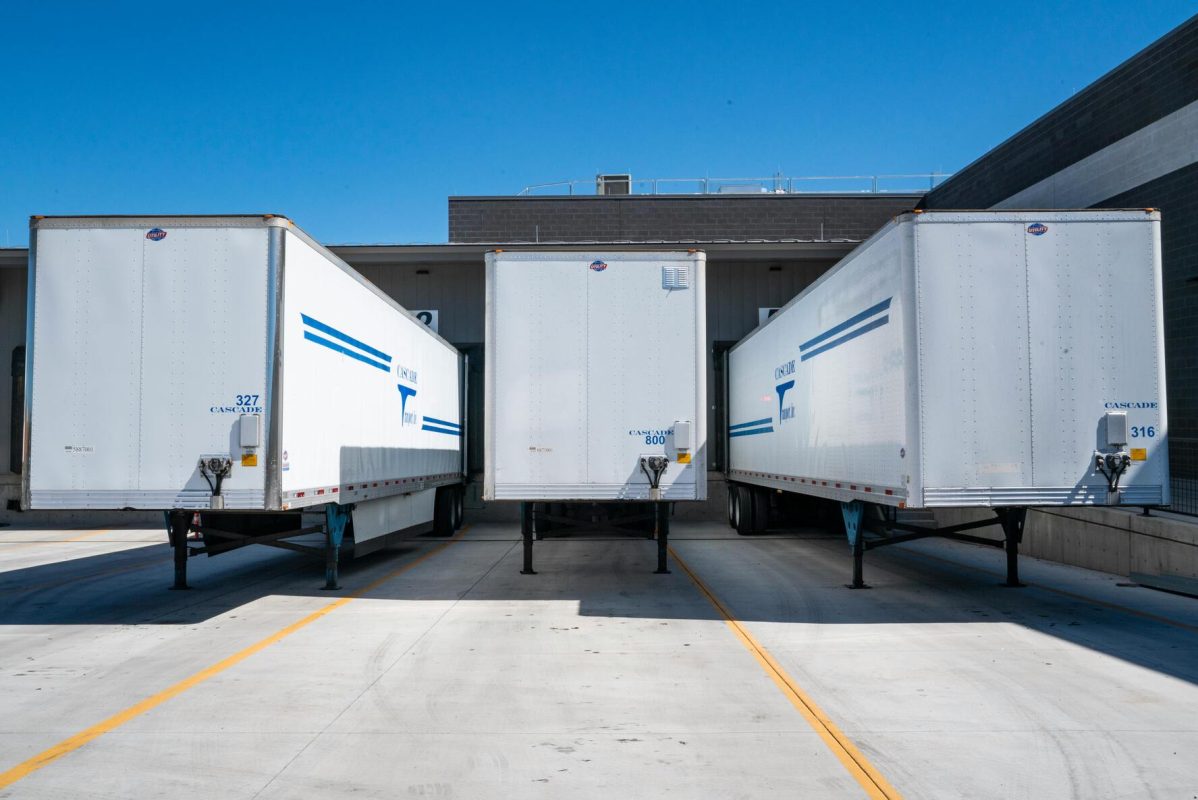Conditions that foreign investors must meet when making investments in Vietnam
Foreign investors play an important role in promoting the economic development of a country, bringing capital, advanced technology and job opportunities to people. However, investing in a country requires foreign investors to meet a series of important conditions. The compliance with the conditions will ensure legal safety and minimize risks for investors.
Our article below will help you understand more about conditions that investors must comply with when investing in Vietnam.

1. Market access conditions
Market access conditions for foreign investors are conditions that foreign investors must meet to invest in business sectors in the List of business sectors with restricted market access for foreign investors prescribed in Clause 2, Article 9 of Law on Investment (Clause 10, Article 3 of Law on Investment 2020).
Business sectors with restricted market access for foreign investors and these restrictions are stipulated in laws and resolutions of the National Assembly, ordinances and resolutions of the Standing Committee of the National Assembly, Government’s decrees and international treaties on investment. (Clause 1, Article 15, Decree No. 31/2021/ND-CP).
Market access conditions applicable to foreign investors will be recorded in the following documents:
- Bilateral investment treaty (BIT): Vietnam has signed more than 60 bilateral agreements on promotion and protection of investment with countries and territories around the world.
- Bilateral trade agreements including investment chapters such as Vietnam – Japan Comprehensive Economic Partnership Agreement, Vietnam – Korea Free Trade Agreement, Vietnam – EU Free Trade Agreement, etc.
- Multilateral agreements with investment regulations such as the ASEAN Comprehensive Investment Agreement, CPTPP Agreement, ASEAN – Japan Comprehensive Economic Partnership Agreement, etc.
Market access conditions for foreign investors include:
- The foreign investor’s ownership ratio of Charter capital in economic organizations:
Foreign investors are not allowed to own charter capital in enterprises operating in business sectors with prohibited market access for foreign investors.
For business sectors with conditional market access for foreign investors, the ownership ratio of foreign investors is determined as follows:
- If laws, resolutions, ordinances, decrees and treaties stipulate the ownership ratio of foreign investors, the maximum ownership ratio of foreign investors in the enterprise shall comply with this ratio.
- If laws, resolutions, ordinances, decrees and treaties do not limit the ownership ratio of foreign investors, foreign investors may own up to 100% of the charter capital of the enterprise and must ensure other conditions specified in Points b, c, d and dd, Clause 3, Article 9 of Law on Investment (if any).
- For business sectors that are not on the List of business sectors with restricted market access for foreign investors, foreign investors are allowed to own up to 100% of the enterprise’s charter capital.
- The ownership ratio of foreign investors in enterprises operating on the stock market shall comply with the provisions of Law on Securities.
- Scope of investment activities: investors can do business not only in the business sectors in the National Enterprise Registration Database, but also in other business sectors which are not prohibited by law.
Exception: the scope of investment activities limited by specialized laws stipulates that the name of an economic organization must be associated with the enterprise’s scope of activities, for example: finance, banking, law, consulting, medical examination and treatment facilities, etc.
- Investor capacity; Partners participating in investment activities: This is a condition on the investor’s financial capacity and experience in the business sectors expected to do business in Vietnam. Accordingly, in the investment registration dossier, the investor will explain the ability to do business in Vietnam so that the investment registration agency has a basis for approval.
- Other conditions prescribed in laws, resolutions of the National Assembly, ordinances, resolutions of the Standing Committee of the National Assembly, decrees of the Government and international treaties that the Socialist Republic of Vietnam is a member.
2. Specific conditions for conditional business sectors
Depending on each business sector in the List of conditional business sectors (Appendix IV of the Law on Investment 2020) that the investor plans to do business, the investors have to meet specific conditions to operate in those business sectors:
- Conditions on capital: Some business sectors require a minimum level of capital in accordance with the law to establish an enterprise. For example: Labor subleasing service is a conditional business sector according to Section 70, Appendix IV of Law on Investment 2020. Accordingly, Article 21 of Decree No. 145/2020/ND-CP guiding the Labor Code regarding labor conditions and labor relations, the labor subleasing enterprise must make a deposit of 2,000,000,000 VND (two billion VND).
- Conditions on the Sublicense
- Sublicense is a term commonly used in the field of enterprise law. To carry out conditional business sectors, the competent state agency issues a license certifying that the enterprise has met the conditions prescribed by law to do business in those business sectors, which is a Sublicense.
- Conditions on location, facilities, and equipment
For example: Investors providing karaoke services must have a usable area of 20m² or more, excluding auxiliary works, ensuring conditions on soundproofing, fire and explosion prevention and fighting. The door of the karaoke room must be colorless glass allowing the entire room to be visible from the outside. Do not place internal door locks or latches or alarm devices to cope with the inspection of competent state agencies. Location for karaoke activities must be 200m or more far away from schools, hospitals, religious and belief establishments, historical-cultural relics, state administrative agencies, etc.
3. Other conditions
In addition to the above conditions, to make an investment in Vietnam, Investors have to meet the following conditions: Land and labor use; natural resources and minerals; Producing and supplying public goods and services or state monopoly goods and services; Owning and trading houses and real estate; Applying forms of State support and subsidies to a number of industries, fields or developing regions and territories; Other conditions prescribed in laws and resolutions of the National Assembly, ordinances and resolutions of Standing Committee of the National Assembly, Government’s decrees and international treaties on investment that do not allow or restrict market access for foreign-invested economic organizations.
Thus, to achieve long-term benefits and success in the investment in a country, foreign investors must meet a series of important conditions. These factors are not only basic but also play a decisive role in the success of investment projects and the economic development of the country receiving investment.
Time of writing: 26/07/2023
The article contains general information which is of reference value, in case you want to receive legal opinions on issues you need clarification on, please get in touch with our Lawyer at info@cdlaf.vn

Why choose CDLAF’s service?
- We provide effective and comprehensive legal solutions that help you save money and maintain compliance in your business;
- We continue to monitor your legal matters even after the service is completed and update you when there are any changes in the Vietnamese legal system;
- Our system of forms and processes related to labor and personnel is continuously built and updated and will be provided as soon as the customer requests it;
- As a Vietnamese law firm, we have a thorough understanding of Vietnam’s legal regulations, and grasp the psychology of employees, employers, and working methods at competent authorities;
- CDLAF’s team of lawyers has many years of experience in the field of labor and enterprises, as well as human resources and financial advisory.
- Strict information security procedures throughout the service performance and even after the service is completed.
You can refer for more information:
- Key terms in the Franchise Agreement (Part 1)
- Key terms in the Franchise Agreement (Part 2)
- Guidelines for holding the General Meeting of Shareholders in accordance with the law (Part 1)
- 8 important new points regarding Work Permit which take effect from September 18, 2023
- Labor contract or personal consulting service contract
- Termination of the operation of foreign traders’ representative offices
- What should enterprises keep in mind when dismissing employees?










